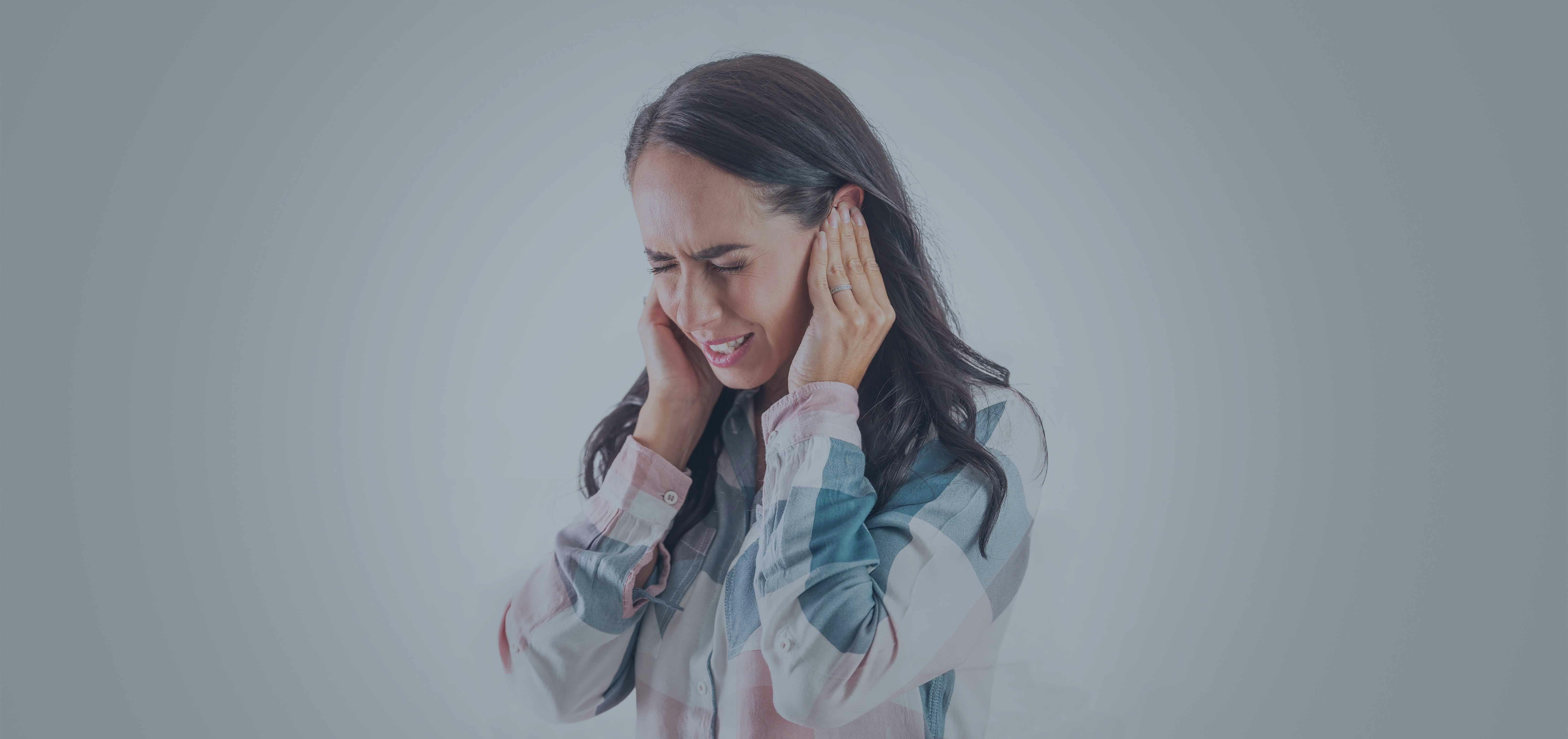Tinnitus: 'ringing in the ears'


Introduction
Introduction
Hearing a sound produced by your own ear is a strange but real sensation. Called tinnitus, this phenomenon is common, fortunately mostly in a temporary form. These whistles, often described as sounds in the head, originate from a dysfunction in the auditory system that causes poor transmission of sound to the brain. Described as whistles, but sometimes as buzzing or pulsating, they can be occasional, intermittent, or continuous.

Causes
Causes
Tinnitus does not necessarily indicate an underlying disease, it can simply be caused by the presence of wax in the ears. When temporary, these whistles often occur after exposure to too intense noise (explosion, music concert, etc.). They can also be caused by a cold or sore throat, and are then caused by a blockage of the canal between the throat and ears. Tinnitus can also be secondary due to inflammation of the jaw joint.
Chronic tinnitus can also be associated with ageing, the use of ototoxic drugs (especially certain antibiotics), alcohol, or tobacco. The most common cause is what we call 'auditory trauma', i.e. unique exposure to violent sound or repeated intense sounds.

Treatments
Treatments
The treatment will of course depend on the underlying cause. If tinnitus is secondary to auditory trauma, it will be necessary to rest the hearing and protect it from intense sounds. If the whistles occur after a cold or sore throat, they usually recede spontaneously. If tinnitus is associated with jaw inflammation, physiotherapy will be useful.
For chronic tinnitus, treatment is more difficult. Although there are different approaches, experts often recommend 'treatment with contempt', i.e. do everything not to focus on these sounds: the less attention we pay to them, the less disturbing the tinnitus will be.

How to protect yourself
How to protect yourself
The first measure, for those who smoke, is to give up on tobacco, a product that attacks many organs including the ears.
The second measure is protection from noise. Very intense sounds such as explosions or music concerts can cause tinnitus as well as hearing loss, so if possible, exposure to these intense sounds should be avoided. When it is not possible to avoid these sounds, it is recommended to use hearing protection. However, prolonged exposure to less intense sounds can also have long-term consequences, such as listening to music with headphones.

For more information
For more information
You will find further information by reading the Planète santé website article Tinnitus, a disorder that cannot be cured or by watching the video created by the Geneva University Hospitals Tinnitus: living with sounds in your head (7 minutes).